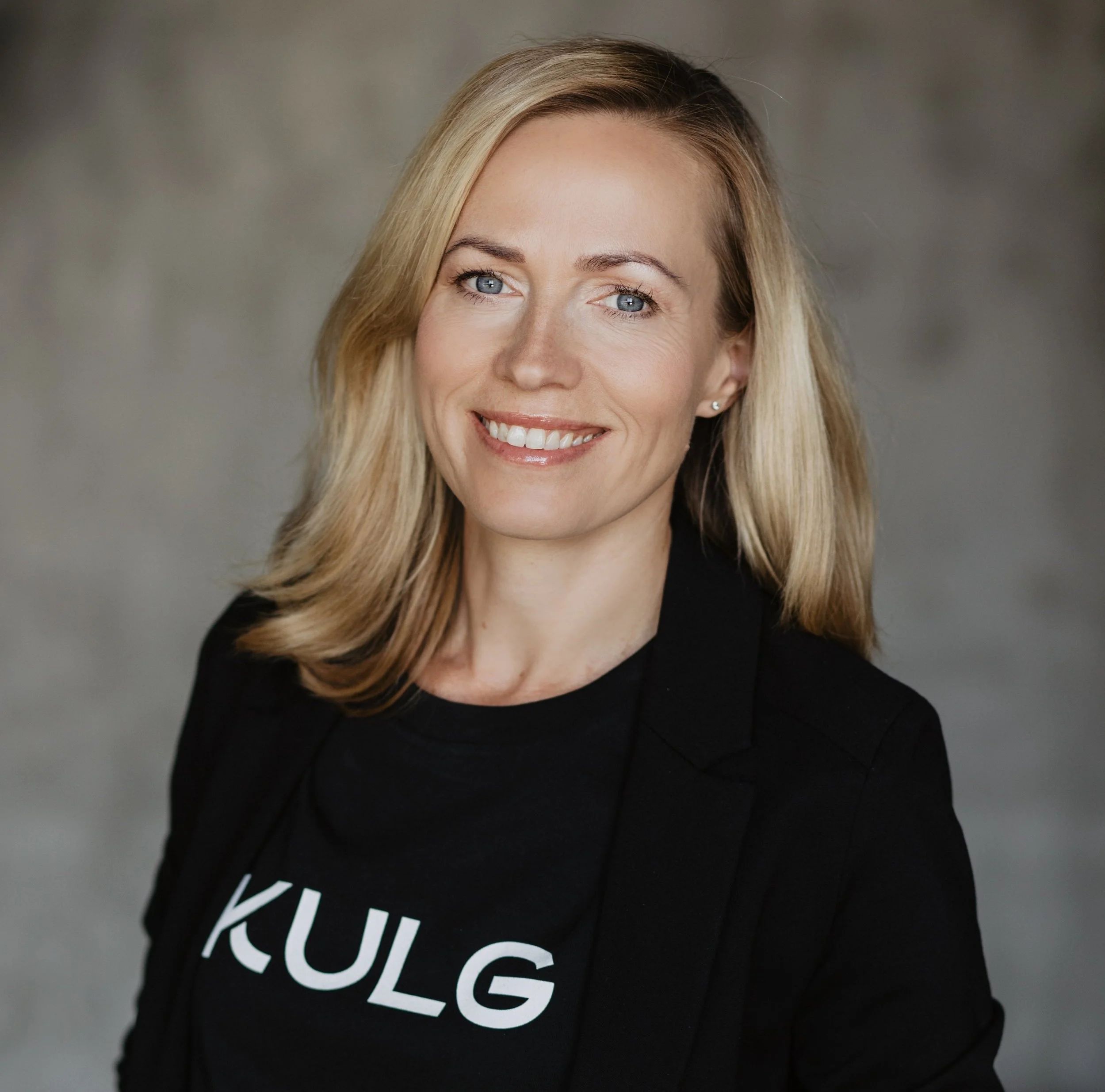What I've applied from the tech industry to running
I've been working with different tech companies for the last 8 years, helping to build products and drive acquisition on web. I've been lucky enough to collaborate with some amazing teams, witnessing how companies generate success and how they fail. But for the past 15 years I've also been a marathon runner who has gone from a random bet to complete a marathon to an Estonian age group marathon record. What started as a hobby has now become my mission.
Over the years I've acknowledged that running has brought me an invaluable gift of knowing that I can do hard things. Completing a race as you gather all your willpower to push your limits and not give in, inevitably makes things seem easier elsewhere. Juggling life and motherhood to find spare moments to follow a demanding workout schedule on a daily basis, brings efficiency to the next level. Challenges become exciting, and the unknown less scary.
But recently, to my great surprise, I realised how much working with different technology companies has actually impacted my running. Somehow, without noticing, I've brought the agile mindset and best practices from product development into my training and coaching philosophy.
So, what has the tech industry taught me?
Ambition
As I ran the 42,195 meters for the first time in 2009 in 4 hours and 12 minutes, I was convinced that I would never do it again. But I continued to run for years without a clear "why". Looking back after 21 marathons, as a beginner runner in my 30s I considered myself too old to start a running career and I heavily underestimated the potential of long-term growth that stems from years of work.
What drives me forward today is the curiosity of how much faster I can get being in my 40s. My goal is to run a marathon in 2 hours and 45 minutes. Currently, I'm 12 minutes away from that target. It has taken me years to prepare for this and it will probably continue to take me years and that's ok. Just like most startups would not exist without big and somewhat idealistic aspirations, it strikes me how my ambition and self-confidence have grown, against all odds.
Flexibility
As you train, you're asking your body to adapt to stress. Finding the right stimulus that allows you to stay consistent without applying too much strain is what gradually makes you stronger and faster. But progress in running inevitably also involves overcoming challenges and setbacks along the way. You might have to struggle with injuries, immunity, or just plateau in your performance and accept that you cannot be in your top form all year round.
Getting past these moments demands resilience and embracing the situation you're in, just like continuing to grow and thrive despite obstacles is part of surviving in an ever-changing and often stressful tech environment. How I've applied this in my training is by becoming flexible. I believe that training should be structured and periodised but not too fixed. I follow weekly and monthly progress goals but every day I train according to how I feel and adjust my plan along the way. If necessary, I'll skip a workout to recover better. I try to do as much as I can and trust that progress happens incrementally.
Experimentation
Probably the most influential practice that I've brought from work to marathon training has been the constant search for ways to improve, innovate, fail fast, and learn from mistakes. Whether you run a 10k or a marathon, getting faster is not just about working harder but about how you can do it smarter. Finding possibilities to optimise all aspects related to training and marathon running will give you marginal gains that end up taking minutes off your finish time.
Part of this approach for me is keeping a training log and becoming highly data-driven. I've tested the impact of different types of workouts, strength training, nutrition, hydration, clothes, and shoes on me. I've collected physiological data from a GPS watch and heart rate monitor and experimented with different tech wearables like a core body sensor and continuous glucose monitor, comparing the findings to my effort and feeling. I've analysed my training and races weekly, monthly, and annually from the perspective of what I've learned and how I'm trending toward my goals.
From a hobby to a mission
As I began to instruct other runners last year, I felt the need to get a better overview and faster feedback on how the athlete responds to the training stimulus to be able to give individual and effective guidance. Each runner is unique and recovers differently and it is critical to notice warning signs at the right time. Faulty training decisions that lead to too much strain are more likely to cause injuries, sicknesses, or lack of motivation.
I tailored my training analytics approach to the runners I was coaching and discovered that it worked for others as well. This discovery has kicked off a new journey for me as I've recently founded KULG to help other runners understand their training progress, get insights on their performance as well as recovery needs, and through this train smarter and run better.
Maris is a marathon runner with 15+ years of experience from over 20 marathons, holding an age group Estonian marathon record. She is a certified running coach and the founder of kulg.io. You can also find her in Instagram with @projectrunbaby.

